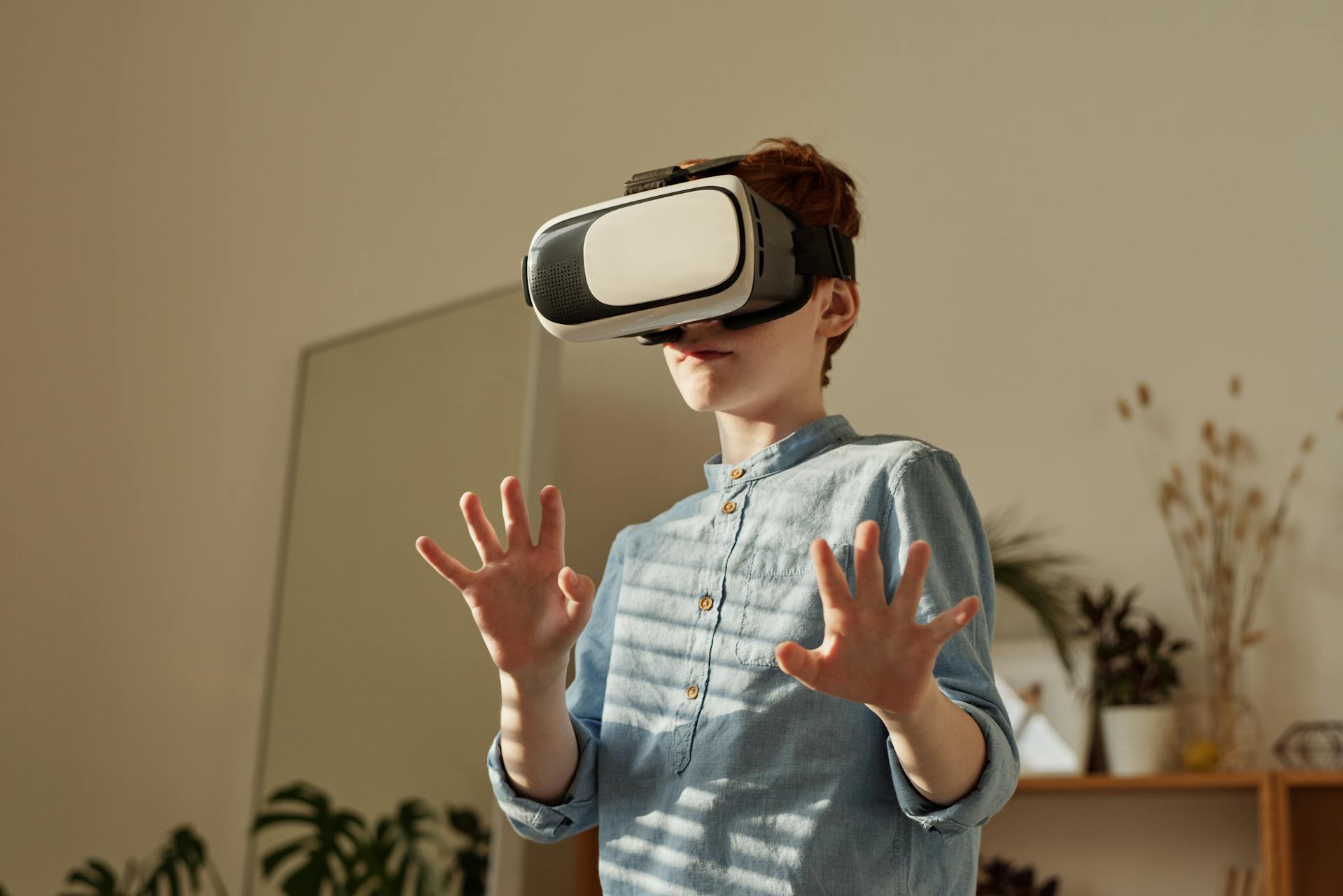A Senate committee held a hearing Tuesday on claims that Meta lawyers obscured research findings related to child safety on virtual reality (VR) platforms. The Washington Post reported that four whistleblowers submitted a 'trove of documents' to Congress in May, alleging that 'Meta’s legal team was trying to establish plausible deniability.'
Explainer As A Former DC Cop, The Federal Takeover Was The Right Move
Jason Sattizahn and Cayce Savage, both former Meta researchers, testified to sexual predation and harm faced by children using Meta’s VR products.
'I wish I could tell you the number of children in VR experiencing these harms, but Meta would not allow me to conduct this research,' Savage said. She noted personally observing these situations when using VR, and the stories of parents and teens that she was able to collect in other research. She later added she would 'estimate that any child that is in a social space in VR will come in contact with or directly expose something very inappropriate.'
Savage and Sattizahn claimed throughout the hearing that Meta is fully aware that kids use their VR technology but would go to great lengths to obscure that.
'If Meta were to acknowledge the presence of underage users, they would be required to kick off those users from their platform in order to remain COPPA-compliant,' Savage explained, referencing the Children’s Online Privacy Protection Rule that sets data privacy requirements for children younger than 13. 'This isn’t happening because it would decrease the number of active users Meta is reporting to shareholders. At Meta, engagement is the priority above everything else.'
Senators asked Sattizahn and Savage about the nature of the harm to children. 'What happens in virtual reality is reality,' Savage explained. She described the social space of VR, where unknown users can 'corner,' 'surround,' and 'touch' other users. VR obscures the user’s hearing and vision, tracks their physical motion, and surrounds their senses. She explained that users forge a deep connection to their 'avatar' that represents them in the technology: 'if something is happening to your avatar, it feels like it’s happening to you.'
In his questioning, Sen. Hawley, R-Mo., posited that 'Meta changes research to not gather data on emotional and sexual harm, once it became aware that it was rampant,' and that 'Meta changes data to obscure harm … to users' based on the testimony. Sattizahn confirmed these statements were correct.
Although The Post reported that Meta 'has vehemently denied' the whistleblowers’ claim that the company 'suppressed research,' the hearing comes amid a years-long string of accusations that Meta endangers underage users on its platforms, particularly with VR and AI chatbots. A leak of Meta studies led to congressional hearings in 2021, causing Meta’s legal team to 'edit and sometimes veto internal research about youth safety in VR,' according to reporting by the Washington Post.
'It is abundantly clear to me that it is time to allow parents and victims to sue this company,' Hawley said, 'we need to open the courtroom doors and allow victims to have their day in court.'
Why it matters
- Meta lawyers allegedly obscured child safety research on VR platforms, raising concerns about user safety.
- Whistleblowers testified to the dangers children face in VR, highlighting Meta's awareness and negligence.
- The hearing underscores ongoing scrutiny of Meta's practices regarding underage users and compliance with COPPA.
What’s next
- Senators may push for legislation allowing parents and victims to sue Meta over safety concerns.
- Further investigations into Meta's practices regarding child safety in VR are anticipated.
- Congress may schedule additional hearings to address the findings from the whistleblowers.

